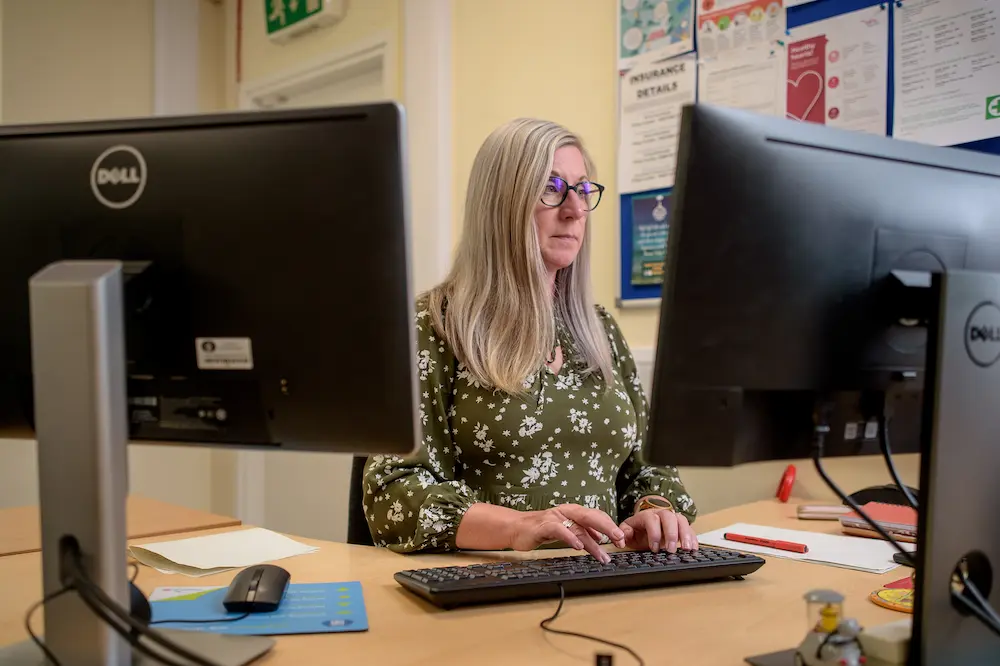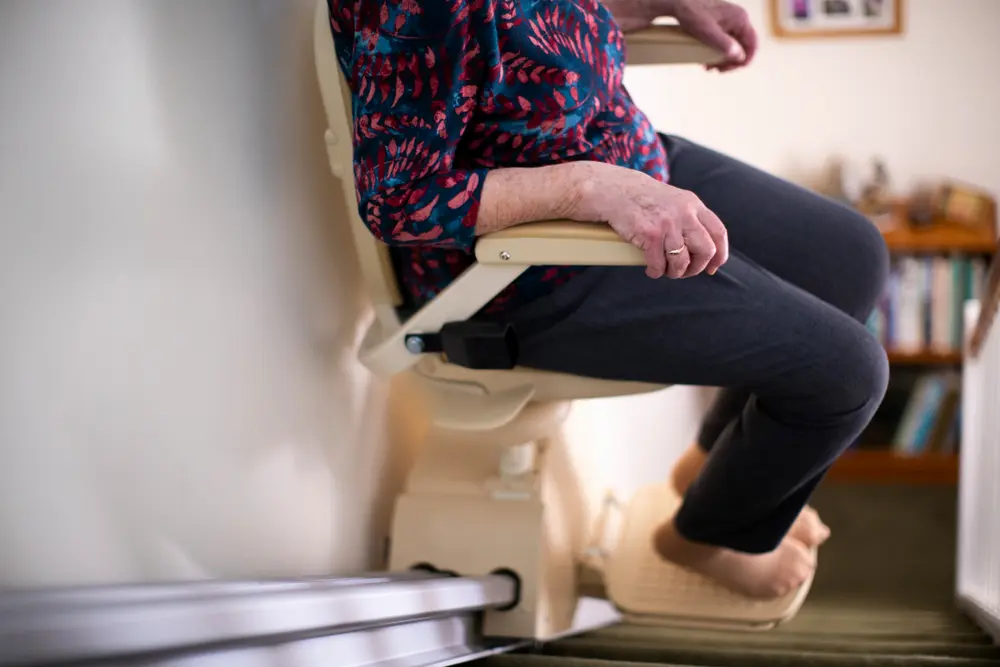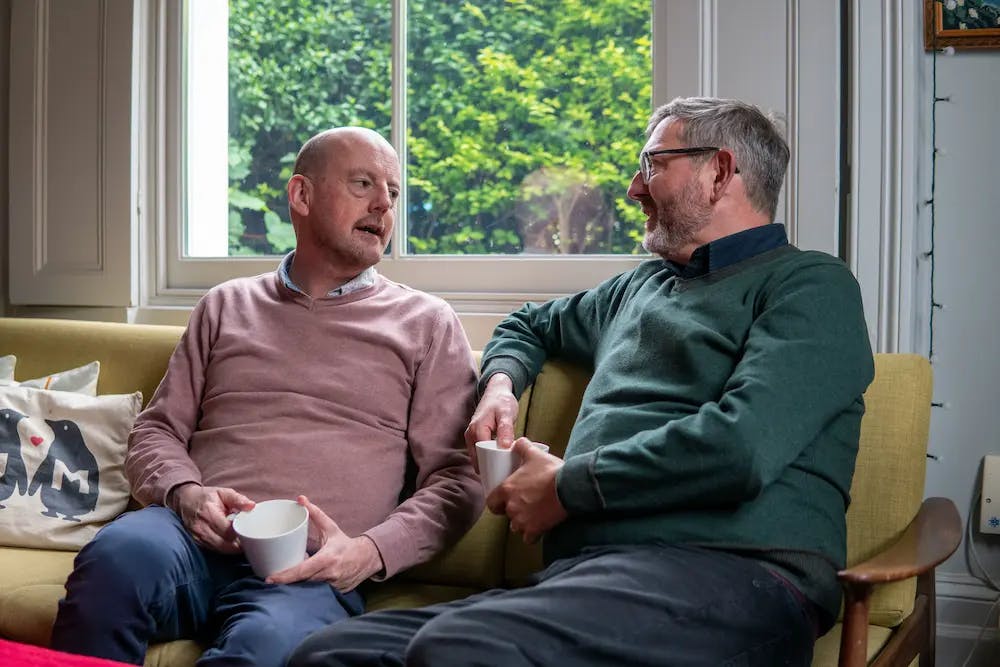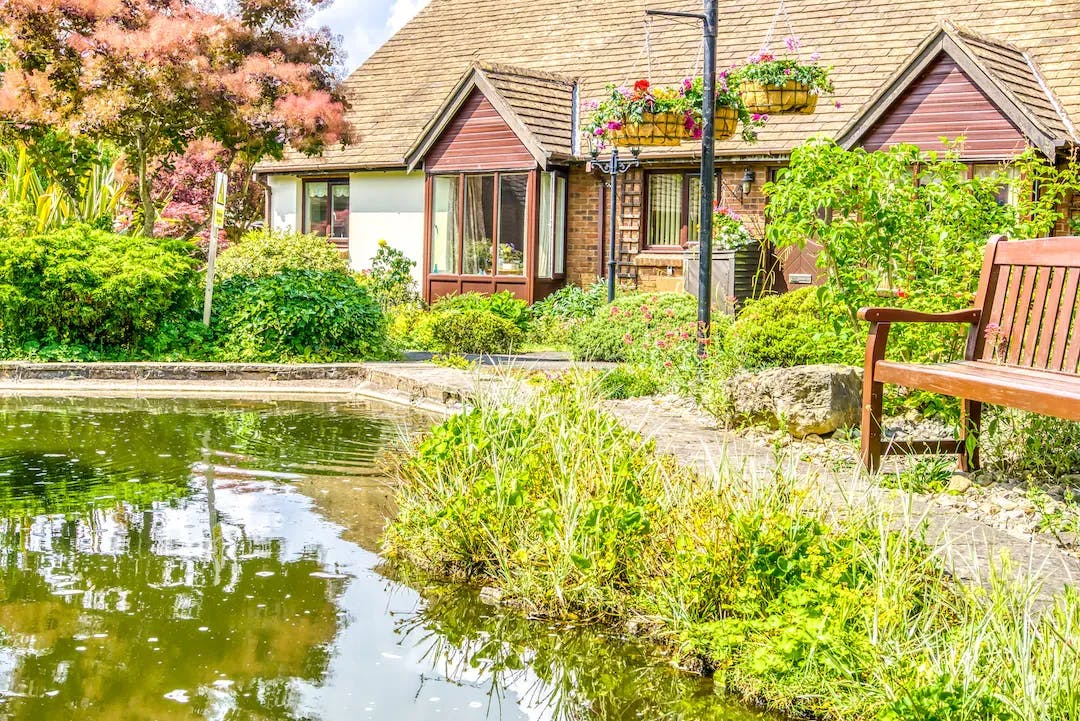Coping With a Dementia Diagnosis - Support Available + Steps To Take

Estimated Reading Time: 9 minutes
Being diagnosed with dementia can feel overwhelming and life-changing. During these early days, it’s perfectly normal for you and your loved ones to experience lots of different emotions.
Dealing with a dementia diagnosis is never easy, but we’ve tried to make coping with the challenges ahead easier by outlining the steps you should take, along with what emotional support is available.
Need to find dementia care fast?
Browse the best dementia care homes for your loved one.
Look After Your Emotional Needs
After a diagnosis, emotions such as fear, frustration and feelings of being powerless often follow. Looking after your emotional wellbeing is often just as important as receiving the physical and medical care you require, which is why it’s so important to know what support is out there.
We’ve outlined the support available to you and your loved ones below. The more supported you feel, the better you’ll cope with a diagnosis and any symptoms that follow, allowing you to continue leading a meaningful and fulfilling life.
Dementia support groups
A dementia support group is a place where people living with dementia, their family, friends and carers can discuss the condition and their experiences with people going through the same thing.
Here, you can support each other, while fun activities and events are often organised as well.
We also have an online Facebook community aimed at care-seekers, carers and anyone else looking to chat about care.
There are a few other places you can find dementia support groups near you, including:
The Alzheimer’s Society - Use this link to find local support services and dementia support groups
Age UK - Use this link to find community-based support for people living with dementia, their families and carers

Dementia cafés
A dementia café is a specialist setting where people affected by dementia care learn more about the condition and socialise with people going through similar experiences. You can also enjoy different activities specifically catered to those at various stages of dementia during each session, such as pet therapy, listening and playing to music, coffee mornings and more.
The Alzheimer’s Society has a page dedicated to dementia cafés. You can use this to find dementia cafés and other support services near you and your loved ones. Simply type in your address to see what’s available.
What other emotional support is there?
There are lots of other services out there providing emotional support for people who have been diagnosed with dementia, their family members, friends and carers.
These services include shopping services and discussion forums. There are also helplines where you can discuss your condition with a compassionate and caring volunteer.
This support can be found through websites such as:
Get a Care Needs Assessment and Financial Assessment
If you’ve been diagnosed with dementia, one of the first things you should do is get a care needs assessment from your local authority’s adult social services team. This assessment will determine whether you're eligible for care and support and in which setting this care would be best suited (such as in your own home or a care home).

This assessment is usually provided by someone from your local council, such as a social worker. It’ll look at your daily routine and any challenges you face. It can be thought of as an informal conversation, so there’s nothing to be worried about!
Subject to the outcome of the initial meeting, you may then be visited by an occupational therapist who will assess how safely and comfortably you can perform day-to-day tasks. They’ll also ensure you have access to home equipment which may be needed to do things more safely and comfortably.
A financial assessment will immediately follow a care needs assessment. This will work out whether you’re eligible for financial assistance with paying for care, or if you’ll need to pay yourself, depending on the total value of your savings and income.
Both of these assessments are free to have.
Carer’s assessments
If a loved one cares for you, they should get a free carer’s assessment. This assessment ensures carers receive the support they’re entitled to, allowing them to provide the best possible care to you.
Your local council’s adult social services department should offer your loved one this assessment. They can contact adult social services at your local council to arrange an assessment if they haven't already been offered one.
Make Your Home Safe To Live In
You may need home adaptations to continue living safely in your home.
This could be a smaller adaptation, such as getting grab rails or stair rails installed, or a larger adaptation, such as having a wheelchair ramp or stair lift installed, having doorways widened or having kitchen worktops lowered.
If you live in England, Wales or Northern Ireland, you could be eligible for home modifications paid for by your local authority through the Disabled Facilities Grant. After having a care needs and financial assessment, your local authority will decide what improvements you require to continue living safely in your home, and whether they can pay towards any of these.

Organise Any Medical Appointments
Once you’ve been diagnosed with dementia, you’ll want to understand the following things:
- Are there going to be any follow-up appointments? If there are, who will these appointments be with and how often will they be? Do you need to make these appointments, or will someone get in touch with you or a loved one to make them?
- Is any medication being prescribed now or in the future? If yes, when does this medication need administering and is a medical professional needed to do this?
Create a Will
Many people in the early stages of dementia can continue living independently with some small lifestyle changes. So, whilst it might not feel relevant now, we recommend planning for the future way ahead of time.
If you don’t already have a will, making one after you’ve been diagnosed with dementia is a sensible idea. A will explains who your money, assets and other possessions will be left to.
You’re still able to create your own will after a dementia diagnosis, provided you have the mental capacity to do so (as you need to understand the decisions you’re making and the consequences of these decisions).
There are lots of will-making guides online. For example, GOV.UK has a guide dedicated to creating a will.
Create a Lasting Power of Attorney
A Lasting Power of Attorney (LPA) is a legal document allowing people to make decisions on your behalf. If your dementia progresses to a point when you can no longer make decisions for yourself, a loved one can do so instead and represent your best interests.
An LPA provides the much-needed assurance that your wishes and needs will be met, whatever happens.
There are two types of LPA, and it’s recommended to get both of these created:
- Property and Financial Affairs LPA
- Health and Welfare LPA
To make an LPA, you should:
- Choose an attorney(s) (the person or people who will make decisions for you)
- Fill in the LPA forms found here
- Register your LPA with the Office of the Public Guardian
You can also use GOV.UK to make an LPA.
Record Your Future Wishes
After being diagnosed, you’ll need to have important conversations with your loved ones, such as:
- What care and medical treatment do you want to receive in the future?
- What activities do you want to be involved in as your dementia progresses?
This information can be recorded in an advanced care plan. This is a document outlining your wishes for future care and treatment. It’s needed in case you lose mental capacity, so become unable to make decisions.
Benefits To Claim For Dementia
After a dementia diagnosis, you could be eligible for one of the following:
- Attendance Allowance (if you’re above the State Pension age)
- Personal Independence Payment (if you’re under the State Pension age)
Meanwhile, anybody caring for you could be eligible for Carer’s Allowance.
There are other benefits and funding support you could be eligible for as well, including:
- Income support
- Housing benefit
- A council tax reduction
- Pension credit
- NHS continuing healthcare (though this is only available for people living with advanced dementia
What Care Is Available To People Living With Dementia?
Often, family members, friends and neighbours look after their loved one who has been diagnosed with dementia.
However, providing this care may eventually become too much. At this point, specialist dementia care may be needed. We want to ensure you and your loved ones feel fully supported throughout your dementia journey, so we’ve listed the most common options below.
Home care
Many home care agencies provide specialist early-stage and late-stage dementia care. This includes looking after people with specific types of dementia such as Alzheimer’s disease.
Dementia home care can also include things like companionship, meal preparation and accompanying you to group sessions.
Through dementia care at home, a carer will tend to your needs in the comfort of your own home.
Dementia care homes
A dementia care home is a purpose-built environment for looking after people living with dementia.
Staff in a dementia care home are trained in specialist techniques to care for dementia residents with compassion and dignity.
Dementia care homes often contain specialist facilities such as sensory gardens and reminiscence rooms. They also utilise design features like simple building plans, thoughtful colour patterns and key-coded doors or secure communities for those prone to wandering.

Adult day care centres
You'll be looked after at an adult day care centre for several hours in a safe and welcoming environment. Additional care is given where needed, while you’ll also have lots of fun social opportunities and activities to get involved with.
Adult day care centres allow family carers to take a break from their duties.
Age UK runs day centres throughout the UK, while many of the care homes we’re partnered with also offer day care services, such as:



